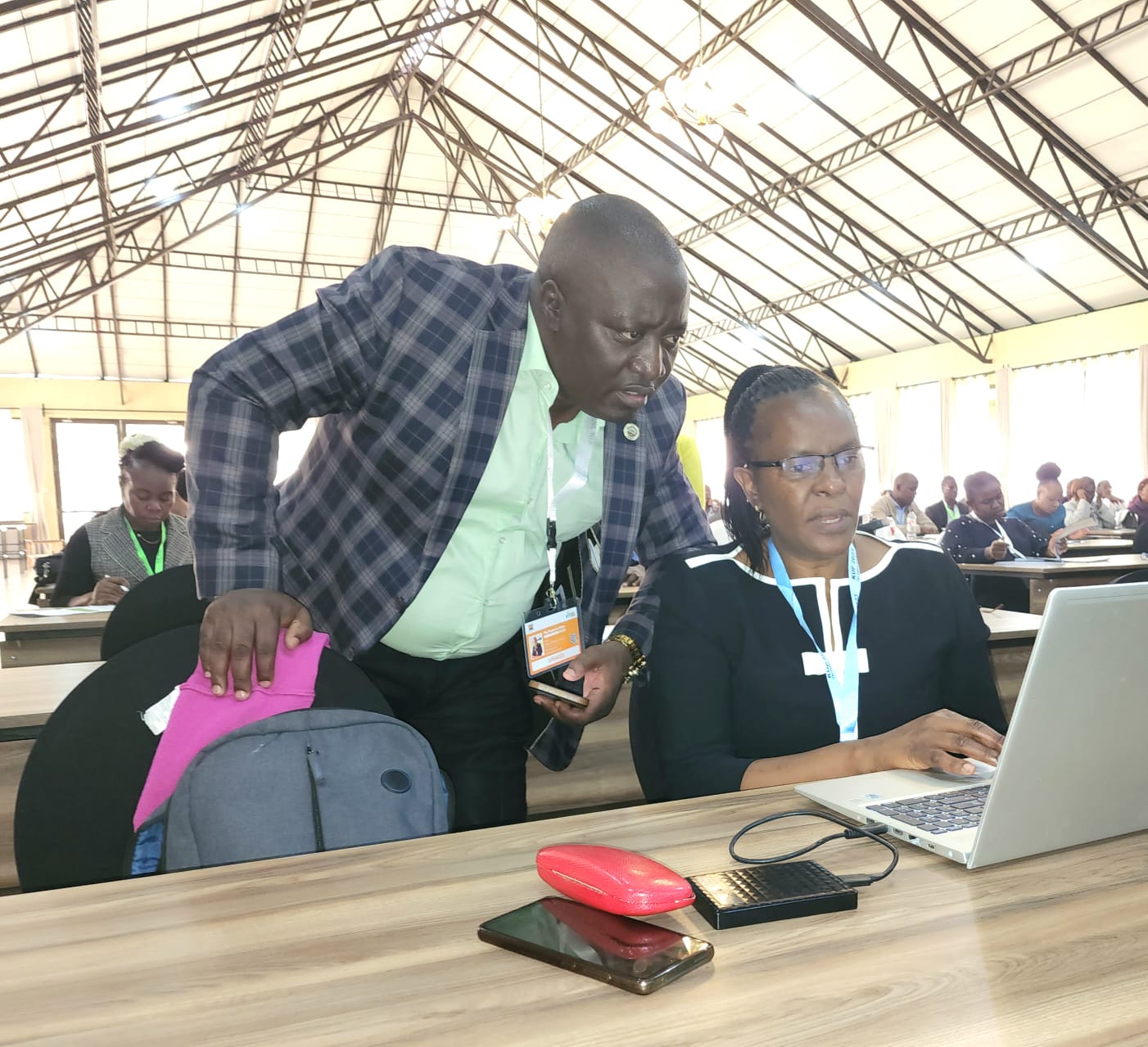Acting Nairobi City County Secretary Patrick Analo now says the administration of Governor Johnson Sakaja has revived development strategies that will see the review of planning and development policies, Urban renewal program, Automation of County services, timely implementation of social & physical infrastructure projects, and the rehabilitation of public open spaces across Nairobi.
The Acting County Secretary made the remarks during the Kenya Urban Forum currently taking place in Naivasha themed: ‘Strategic Pathways to Inclusive and Sustainable Urbanization in Kenya
“Going forward, we will ensure a timely review of planning policies due to rapid urban dynamics, immediate implementation of infrastructure projects, the establishment of research and development programs, and encouraging local and foreign direct investments. By 2030, urban areas in Nairobi City would cover 48.8% of the land, followed by vegetation at 47%, forest3.6%, and water at 0.44%,” he said
The Acting County Secretary who also read Governor Sakaja’s policy statement at the forum; promised that the current administration will provide a conducive environment to develop a robust economy that integrates the residents, especially the youth who are the majority.
“Looking at the Sustainable Development Goals, goal 11 focuses on making cities and human settlements inclusive, safe, resilient, and sustainable. Well-planned and managed urban development should be sustainable and will generate social and economic prosperity for all as a way of addressing the glaring and deep inequalities in our cities,” said the Governor in the policy statement
In Kenya today, Sakaja noted that over 54 % of the urban population lives in slums or informal settlements. With the current population growth rate, this is expected to increase unless strategic and drastic measures are employed to address the phenomenon.
The County Chief said improving the lives of the urban population entails addressing the provision of basic services and improving the urban environment for a productive population, which is able to contribute to the economic growth of our cities and urban areas.
“To achieve this, county governments must be ready to address key sectors, including mobility and transport, education, health care, local economy, water and sanitation, energy and environment, housing as well as urban environment,” he said
The Ag. County Secretary was accompanied by Stephen Mwangi, County Executive, Built Environment, Chief Officers; Marion Rono (Urban Renewal and Housing), John Lintari (ICT), Tiras Njoroge (Smart Cities), Godfrey Akumali (Cooperatives), Directors from various sectors and NCCG staff.





